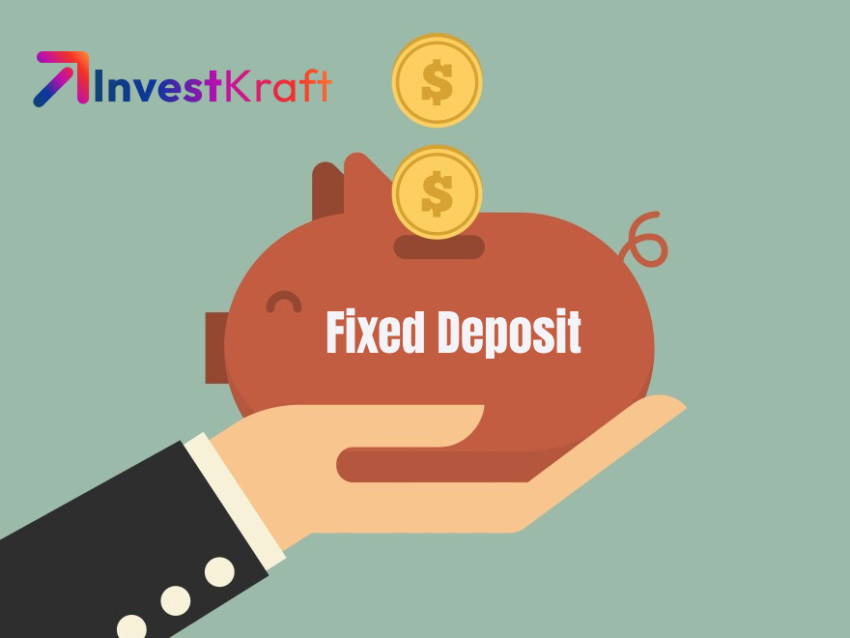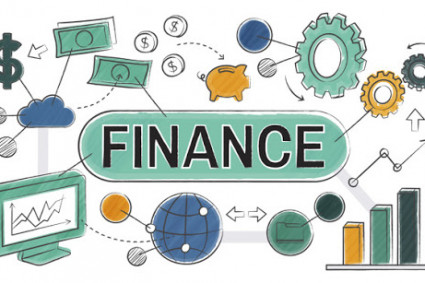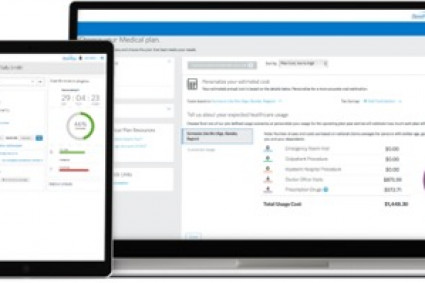
Are you looking to make your money work harder for you? Investing in fixed deposits can be a smart and secure way to grow your wealth. However, with numerous types of fixed deposits available, it can be overwhelming to choose the right one that suits your financial goals. we understand the importance of making informed investment decisions. In this comprehensive guide, we will walk you through the process of choosing the right types of fixed deposits that align with your needs and preferences.
Understanding Fixed Deposits
A fixed deposit is a financial instrument offered by banks and financial institutions that allows you to deposit a specific amount of money for a predetermined period at a fixed interest rate. It is a low-risk investment option and offers higher returns compared to regular savings accounts. Fixed deposits provide stability and security to your savings while ensuring steady growth over time.
Factors to Consider When Choosing Fixed Deposits
1. Interest Rates and Tenure
Interest rates play a crucial role in determining the returns on your fixed deposit investment. Higher interest rates can significantly impact the overall earnings. Consider comparing the interest rates offered by different banks and financial institutions to find the most competitive rates. Additionally, the tenure or duration of the fixed deposit should align with your financial goals. Longer tenures often result in higher interest rates, but they may also limit liquidity.
2. Flexibility and Withdrawal Options
Before finalizing a fixed deposit, it is essential to understand the flexibility and withdrawal options associated with it. Some fixed deposits offer the flexibility of premature withdrawals or partial withdrawals in case of emergencies or financial needs. Evaluate your liquidity requirements and opt for a fixed deposit that allows you to access funds when necessary.
3. Tax Implications
Fixed deposit earnings are subject to tax regulations. Different types of fixed deposits may have varying tax implications. For instance, tax-saving fixed deposits offer tax benefits under specific sections of the Income Tax Act. Consider consulting a tax professional or referring to the relevant tax guidelines to understand the tax implications associated with different types of fixed deposits.
4. Deposit Insurance
Ensure that the bank or financial institution where you plan to invest in fixed deposits is covered under a deposit insurance scheme. Deposit insurance provides protection to your deposits up to a certain limit in case of bank failures. Verify the deposit insurance coverage to safeguard your investments.
Types of Fixed Deposits
1. Traditional Fixed Deposits
Traditional fixed deposits are the most common type of fixed deposits. They offer a fixed interest rate for a predetermined period, and the interest is credited to your account at regular intervals. Traditional fixed deposits provide stability and guaranteed returns.
2. Tax-Saving Fixed Deposits
Tax-saving fixed deposits are specifically designed to offer tax benefits under Section 80C of the Income Tax Act. These fixed deposits have a lock-in period of five years and offer deductions on the principal amount invested, subject to specified limits. Tax-saving fixed deposits are an excellent option for individuals looking to save on taxes while earning fixed returns.
3. Senior Citizen Fixed Deposits
Senior citizen fixed deposits cater specifically to individuals above a certain age, typically 60 years or older. These fixed deposits often offer higher interest rates compared to regular fixed deposits, providing additional income for senior citizens during their retirement years.
4. Flexi Fixed Deposits
Flexi fixed deposits combine the features of a fixed deposit and a savings account. They offer the flexibility to withdraw funds as needed while earning higher interest rates compared to regular savings accounts. Flexi fixed deposits are suitable for individuals who require liquidity while maximizing their returns.
Conclusion
Choosing the right types of fixed deposits is a crucial step in optimizing your savings and achieving your financial goals. By considering factors such as interest rates, tenure, flexibility, tax implications, and deposit insurance, you can make an informed investment decision. we are dedicated to empowering individuals with the knowledge they need to make confident financial choices. Start exploring the world of fixed deposits today and watch your money grow.
FAQs
What is the minimum investment required for a fixed deposit?
The minimum investment required for a fixed deposit varies among banks and financial institutions. It can range from as low as $100 to higher amounts, depending on the specific terms and conditions of the institution. Check with the bank or financial institution to determine their minimum investment requirement.
Are the returns from fixed deposits taxable?
Yes, the interest earned from fixed deposits is generally taxable as per the prevailing tax laws. However, tax-saving fixed deposits may offer tax benefits under specified sections of the Income Tax Act. Consult a tax professional or refer to the relevant tax guidelines to understand the tax implications specific to your situation.
Can I withdraw my fixed deposit before the maturity date?
While fixed deposits are meant to be held for the entire tenure, some banks offer the flexibility of premature withdrawals. However, premature withdrawals may attract penalties or result in a lower interest rate. Review the terms and conditions of your fixed deposit to understand the withdrawal options available to you.
What happens if the bank or financial institution fails?
If the bank or financial institution where you hold your fixed deposit fails, the deposit insurance scheme provides coverage up to a certain limit. The deposit insurance coverage varies by country and is designed to protect depositors' funds in case of bank failures. Verify the deposit insurance coverage before investing in a fixed deposit.
Are fixed deposits a safe investment option?
Fixed deposits are generally considered a safe investment option due to their low-risk nature. They offer guaranteed returns and are backed by the credibility of the issuing bank or financial institution. However, it is important to assess the financial health and reputation of the institution before making any investment decisions.





